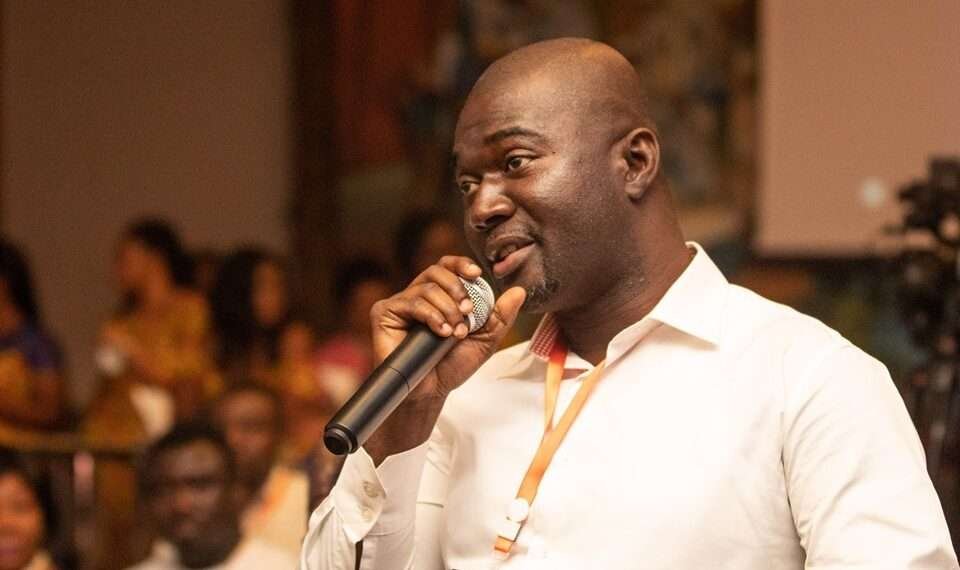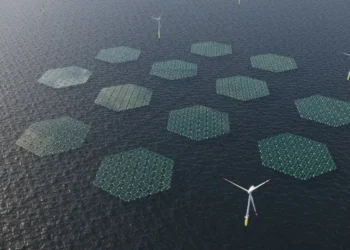Executive Secretary of Chamber of Petroleum Consumers (COPEC), Duncan Amoah, has predicted a possible increase in petroleum products across the country.
According to him, per current indication, what Ghanaians are likely to “end up at the pump from today is sadly an increase” instead of the reduction that the international market benchmark would have impacted. He revealed that the only measure that will necessitate a reduction is the strength of the cedi as it is currently depreciating.
Mr Amoah indicated that COPEC has requested the Bank of Ghana to put in whatever measures it can, either in the interim or long term to ensure that the cedi performance doesn’t “get out of hand” as it will not bode well for the country. He recounted that the Bank of Ghana initiated a forex option to the BDCs market and it was off to a good start as “it was covering almost 40%” of what one would expect the importers bill to. However, he explained that unfortunately over the last three months, it has declined.
“Checking from the BDCs, you get the indication that they just got about 16% from the Bank of Ghana auction, which means that they will still need to be on the open market to source for about 84% of what their forex requirement is. If you juxtapose that with the kind of depreciation we are seeing, there’s only one eventual outcome which will probably be that Ghanaians will have to pay more for fuel.”
Duncan Amoah
To address the matter, Mr Amoah highlighted that the Bank of Ghana must intervene and ensure that “they are able to solve and get the dollar for the petroleum importers”. This, he explained, will forestall further increases experts are anticipating in the days ahead.
“Anything other than this, you’d have to pay more unfortunately at the pump.”
Duncan Amoah
In spite of the risk the depreciation of the cedi poses, Mr Amoah revealed that the possible increase in fuel might not just be the only fallout from the depreciating cedi. He stated that the country could potentially get to a point where shortages that have been predicted by some analysts will happen.
Shortage of fuel in the country
Mr Amoah emphasized that beyond paying more at the pumps, there are also other dire consequence that the forex difficulty that the country is facing could portend in the next two to three months.
The Executive Secretary of COPEC explained that once BDCs are unable to pay for cargo onshore, it sends a signal to the international trading company that “your market is highly risky” and so they will rather divert cargo.
“Mind you, Russia is going to halt supply of gas to Europe this winter. What that will mean is that Europe will divert a lot of cargo from across the world. Ghana will not want to be caught in a difficult place because the oil traders do not trust your sources to pay for the products that they deliver, they will rather have to divert cargo.”
Duncan Amoah
Commenting on whether there’s imminent fuel shortage, Mr Amoah revealed that currently, there’s enough cover for the country. He indicated that government can do something to avert fuel shortage if importers are able to pay what they purchase from the oil traders.
Nonetheless, he noted that if the “drought in forex” continues, the country may face shortages in October and November.
“Possibly, you might not have any cargo willing at all to come to Ghana for fear of us not paying for whatever has been delivered.”
Duncan Amoah
READ ALSO: APRM Condemns Latest Downgrade Of Ghana By Credit Rating Agencies





















